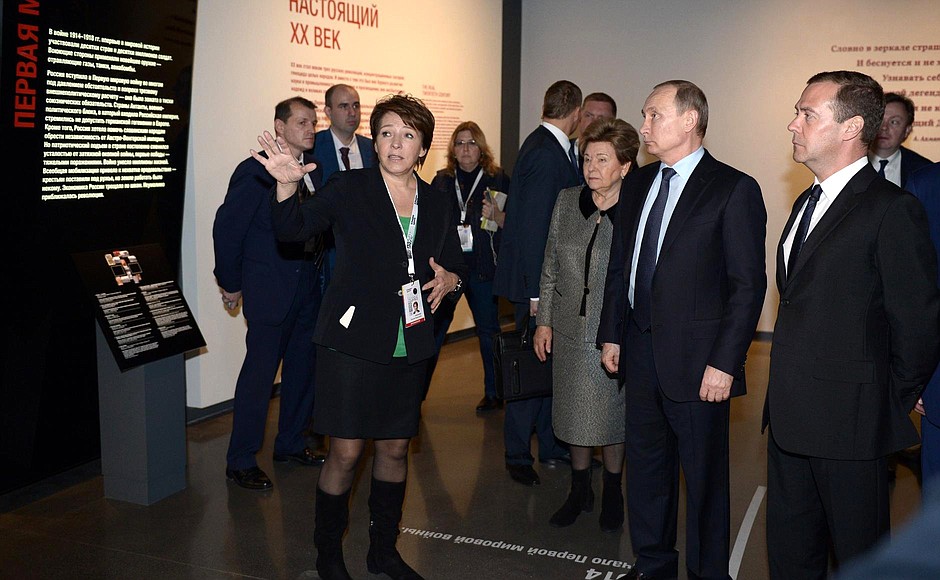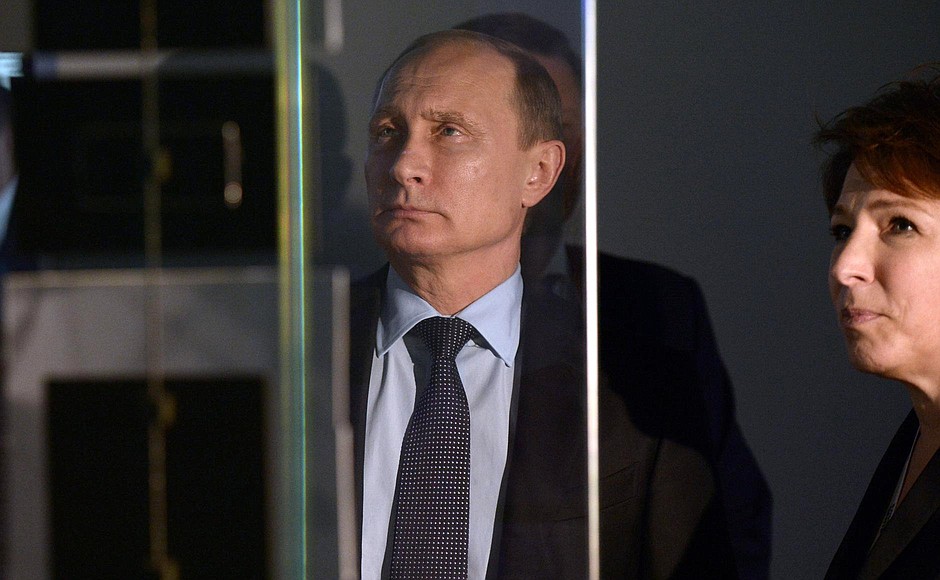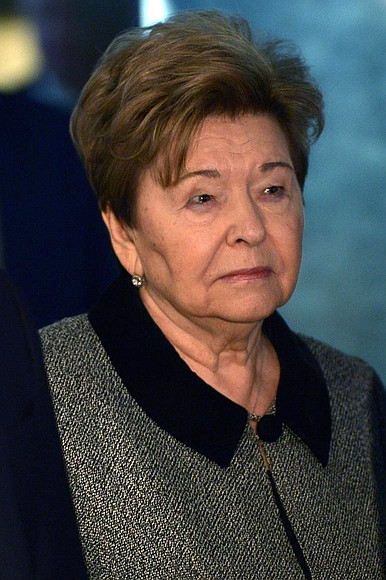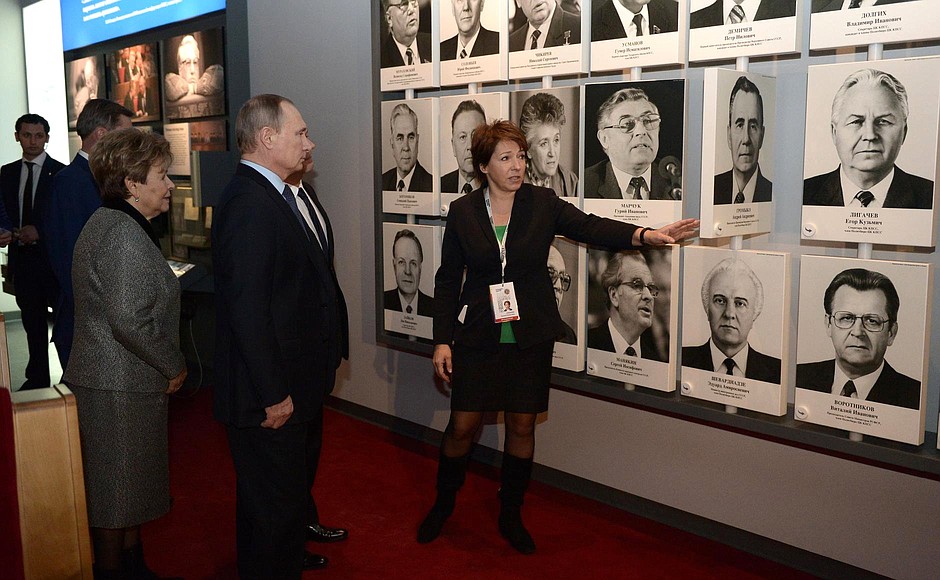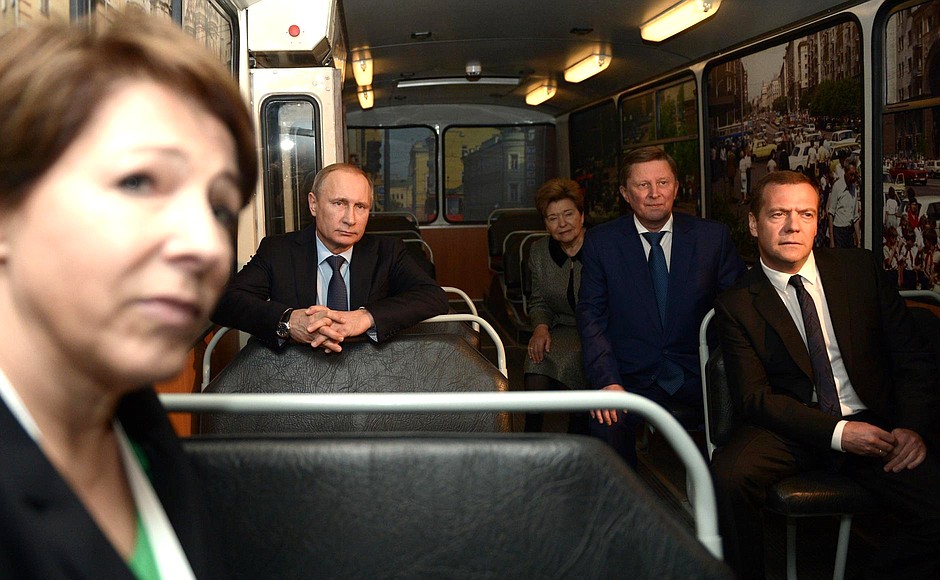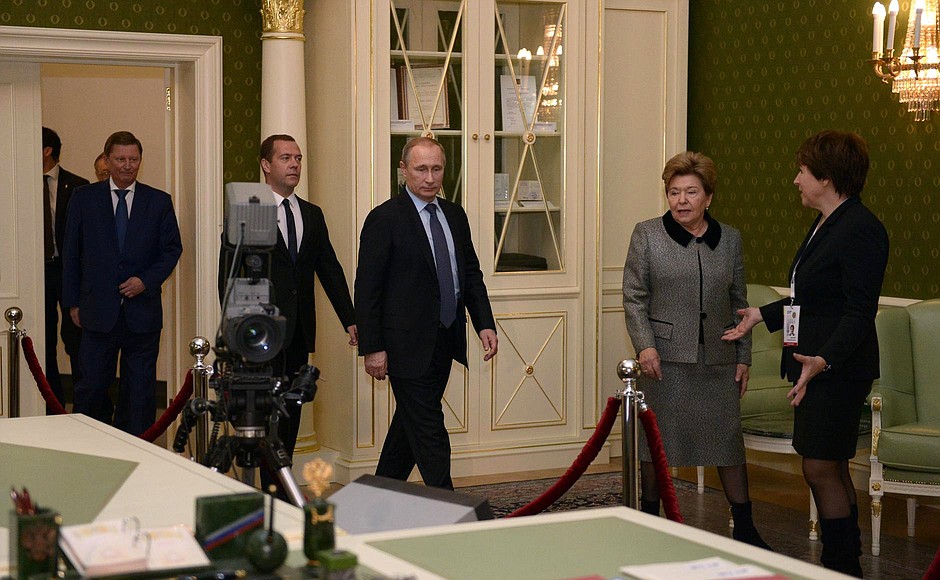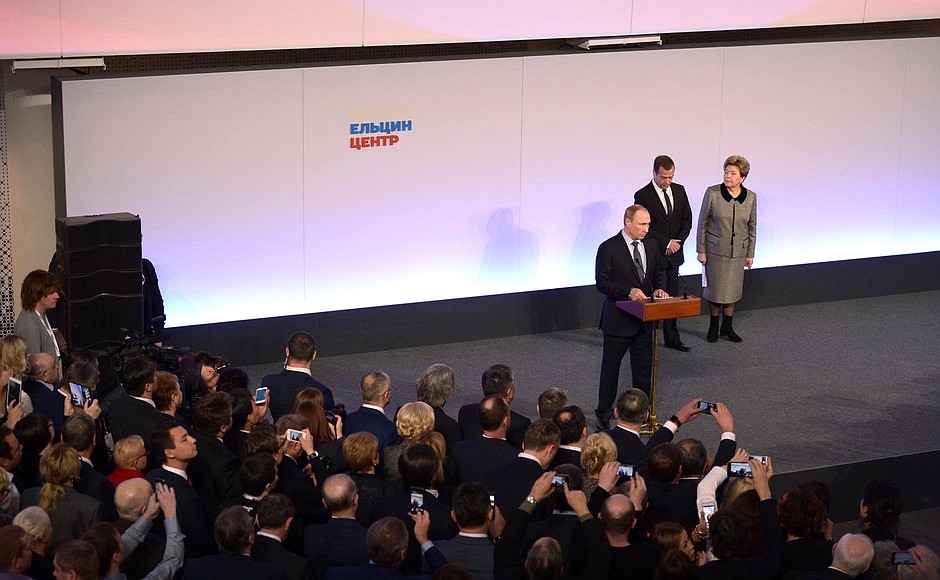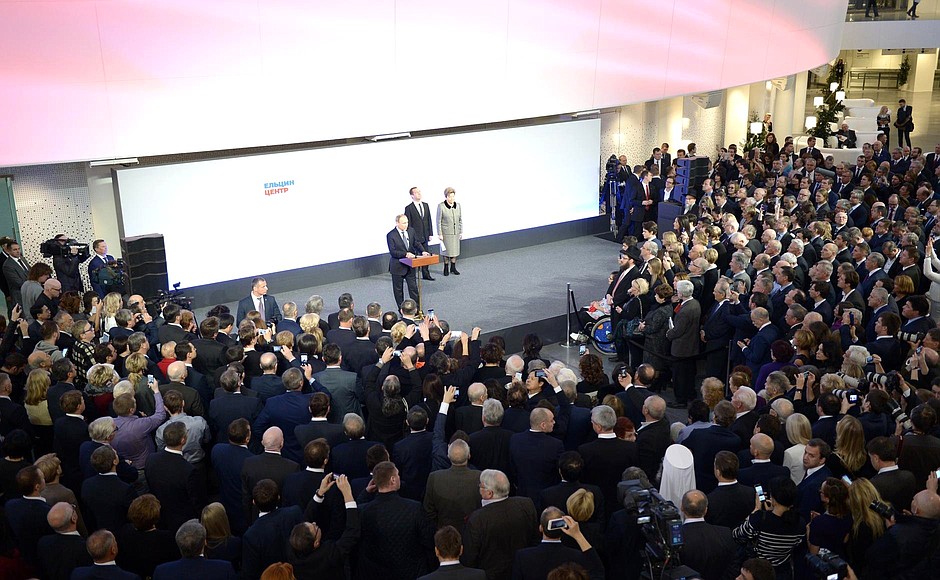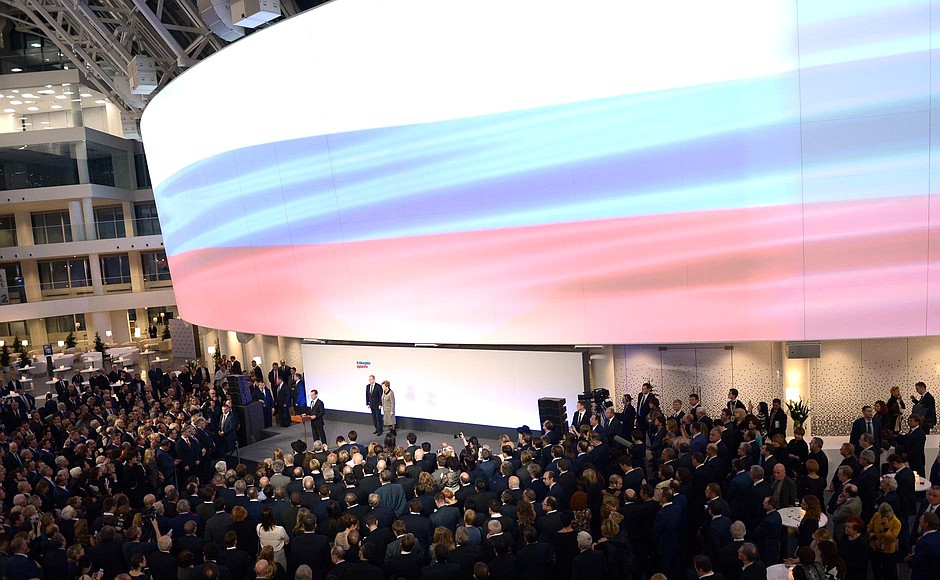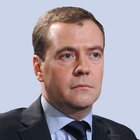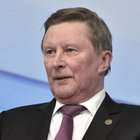Mr Putin and Mr Medvedev laid flowers at the monument to the First Russian President and, accompanied by Mr Yeltsin’s widow, Naina Yeltsina, and his daughter, Tatyana Yumasheva, visited the exhibition Seven Days that Changed Russia at the centre’s museum.
Participants in the opening ceremony included Mrs Yeltsina and Ms Yumasheva, Chief of Staff of the Presidential Executive Office Sergei Ivanov, government representatives, foreign leaders who worked with Mr Yeltsin, members of his presidential team, politicians, cultural figures, relatives, and former fellow students.
The Boris Yeltsin Presidential Centre was established in accordance with the Federal Law On Establishing Centres to Honour the Historical Legacy of Former Russian Presidents, passed in 2008. The centre’s main purpose is to preserve, study and understand Boris Yeltsin’s historical legacy in the context of political and social events of the 1990s.
The centre was conceived as a public and political organisation that can contribute to building a rule-of-law state and studying and developing the institution of the presidency in Russia. The centre will provide support for educational, research, charity, and cultural projects.
See also
Speech at opening ceremony
President of Russia Vladimir Putin: Mrs Yeltsina, ladies and gentlemen, friends,
Today, we are opening the Boris Yeltsin Centre.
This is more than simply a tribute to Russia’s First President. The centre was conceived as a place that would reflect an entire era in our history, a time of radical change, very important, difficult, and, of course, contradictory transformations.
We saw the exhibition just now. It really does tell the honest story of how modern Russia was built, the difficulties encountered on the way, and the problems that had to be solved. It is the story of all that was accomplished during this difficult period.
We are learning to objectively and carefully treat and respect our history and the centuries-long uninterrupted road our country has travelled. This road was full of great achievements, sharp turns, mistakes, and outstanding victories.
We need to know and study this difficult experience with its many aspects and dimensions, take pride in it, learn lessons from it, of course, and feel and understand its spiritual and moral significance.
The centre’s exhibition is an example of how we apply this attitude to what was one of the key stages in Russia’s development. It has collected and systemised a unique and very large quantity of documentary materials.
Boris Yeltsin’s own destiny and personality reflected in full the tremendous challenges, difficulties and contradictions of that time. He had a determined, direct and courageous character and the ability to be resolute to the limit. It was in large part thanks to these qualities of his that our country stayed on the democratic development track it had chosen.
It was then, at a time of intense political confrontation, that our country’s Constitution was adopted, forming the foundation and providing the clear provisions for beginning the constructive period of our development.
Boris Yeltsin had a deep understanding of the dramatic nature of the radical transformations taking place. He lived these changes himself in full, in his conscience, soul and heart, knew doubts and torments, and knew what tremendous difficulties our people had to go through. It was then that he took the decision to step down and, as we remember, addressed Russia’s people with sincere words, a genuine confession. In this, we see his strength, honesty and openness.
Mrs Yeltsina, you were at Boris Yeltsin’s side for more than 50 years and you earned the respect of millions here in Russia not just as the First President’s wife, but also as someone of great tact and strength. We feel your warmth and generous spirit here in this hall too.
I want to thank all of the Boris Yeltsin Foundation’s organisers and trustees for their active participation in establishing the centre. The Sverdlovsk Region and Yekaterinburg authorities made a big contribution here. I hope the centre will continue to receive your all-round support.
There is a lot of work ahead. The centre must live and develop as an educational platform and venue for carrying out many different projects, including social projects.
Of course, young people and their interests will be a particular focus of attention. It must be said that young people today know little about our recent past and about the life of our country’s First President. It is important that young people become frequent visitors to the centre, take part in its programmes, study our history, and gain deep understanding of its significance for their intellectual and spiritual development.
Friends,
I recall Boris Yeltsin’s words, which the whole country knows now: Look after Russia! Those words were addressed to all of us, to present and future generations. Boris Yeltsin wanted our country to become strong, prosperous and happy. We have already done a lot to achieve these aims. We have overcome many difficulties, and we will without question resolve the tasks ahead.
Russia will grow stronger and develop through our people’s labour, efforts and devotion to their homeland.
Thank you very much for your attention.
